Altos de Estiquirin, Honduras
![]()
![]()
![]()
![]()
![]()
![]()
![]()
![]() Click on Programs to learn more about their work in this community
Click on Programs to learn more about their work in this community
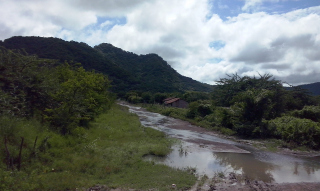
General Information
| Population* | 300 |
| Number of homes | 75 |
| Avg # of people per home | 4 |
| Number and % of children | 93, 31% |
| Principal sources of income |
Agriculture |
| Water system |
No |
| Rural bank |
Yes |
| Number and % of house with latrines |
9.3% |
| Electricity | No |
| Nearest Health Center and distance walking | CESAMO - El Tular, 1 hour walking |
| Most common illnesses | Intestinal Parasites |
| School Access and Distance |
kinder - 6th grade, in the community |
| Municipality | Nacaome |
| Department | Valle |
| Distance from compounds | 45 minutes |
* Population does not reflect how many patients will be seen on medical
brigades as many people from surrounding communities come seeking
Medical Brigades medical attention.
Top Three Needs Expressed
The top three needs expressed by community members are latrines, a water system, and electricity.
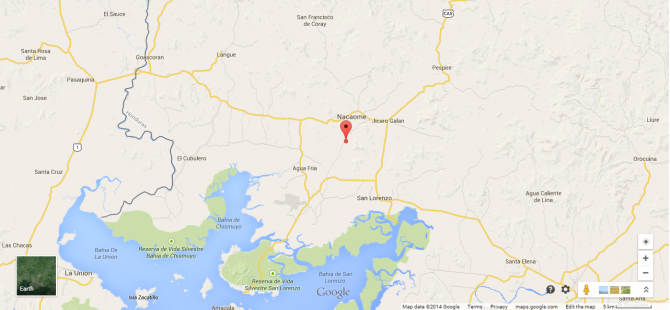
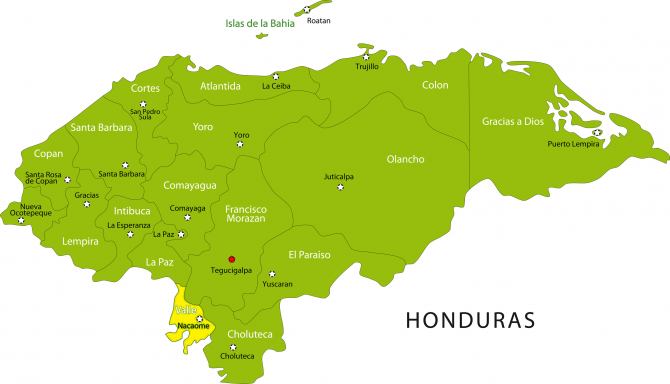
Altos de Estiquirin is a small community located in a valley near the Pacific Ocean. It is a hot, dry region of the country.
There is a primary school in Altos de Estiquirin where students can receive education from kindergarten through 6th grade. The school is relatively small, with only two classrooms and 2 teachers. Each teacher teaches 3 grades simultaneously. There is also a volunteer from the community that teaches kindergarten. If students wish to attend school past 6th grade, they must walk over an hour to attend the nearest middle school.
This community does not have a water system. They have to walk far distances to wells around the community to get water that is often not clean or purified. For this reason, one of the major health problems in the community is intestinal parasites.
This community does not have a health center. The closest health center is in a community called El Tular, an hour away on foot. This health center is a CESAMO, or the larger of the two different types of health centers that the Honduran government provides. At the CESAMO, community members can seek consultations from both nurses and doctors, and ocassionally even dentists. The biggest health problems in this community are intestinal parasites, diarrhea, the common cold and the flu.
The majority of community members in Altos de Estiquirin work in agriculture. To earn a wage, most people travel to nearby melon or sugar cane plantations to work seasonally. The average rate of pay is $5/day. In addition to this, many people farm food for their own consumption. Community members have access to credit through a community bank formed by community members.
This community works with Agrolibano, an agriculture organization that Global Brigades has formed a partnership with. They provide support and volunteers during brigades, as well as help to get the word out about when brigades are coming to respective communities.
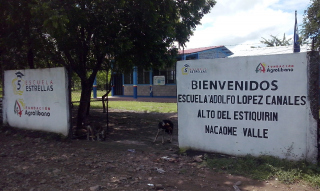 |
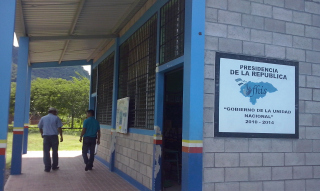 |
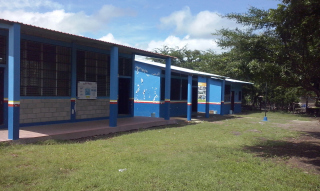 |
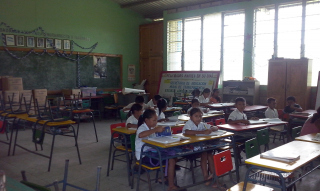 |